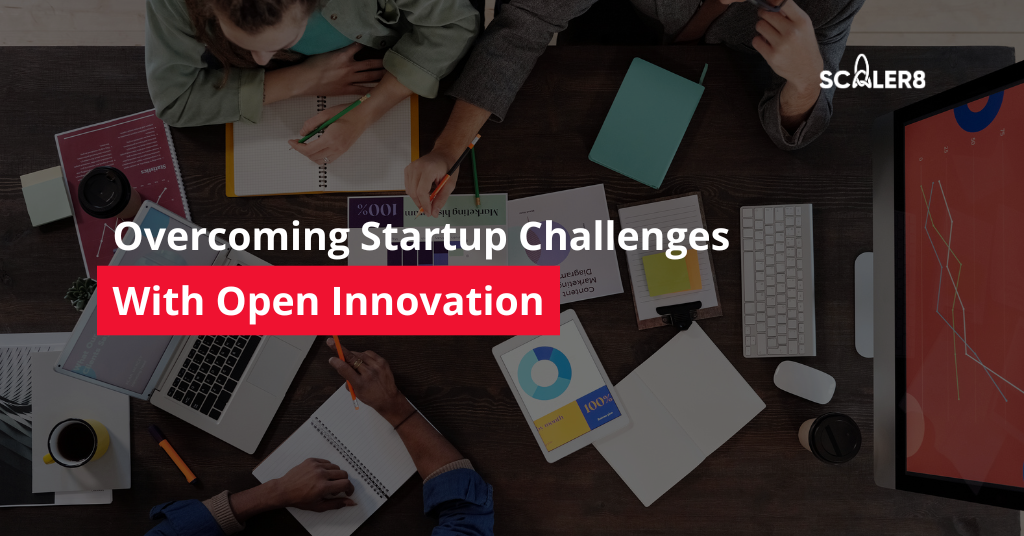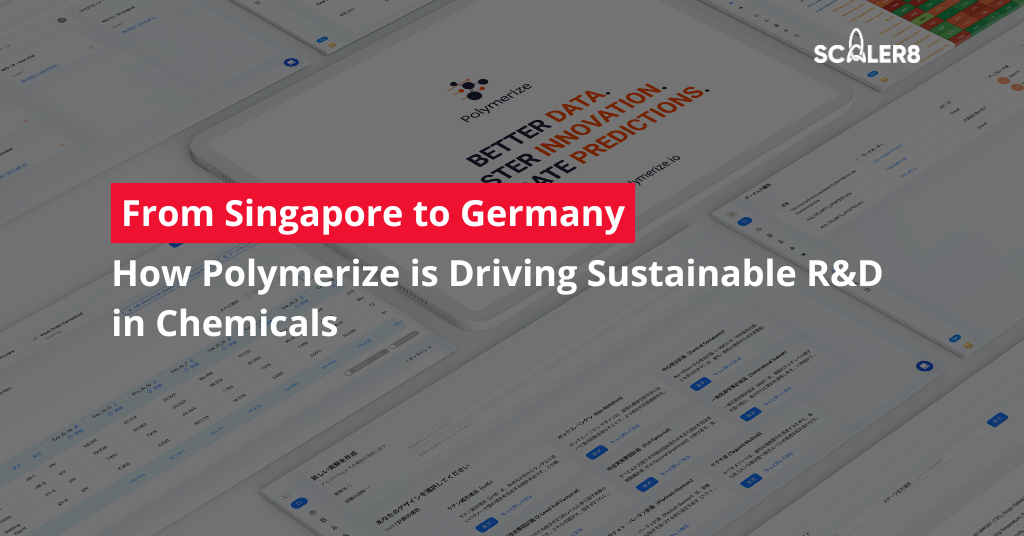With Singapore and Germany being world-leading logistics nations, Scaler8 recently signed a partnership with the Digital Hub Logistics Hamburg to unlock more market opportunities for Singaporean startups in the areas of logistics, supply chain, maritime, and mobility. Learn about opportunities for logistics startups in the German market, and how startups can get connected with local corporations and ecosystems in the country.
Startups in the transport and logistics sector in Singapore have shown resilience during the COVID-19 pandemic, having attracted S$1.89b in funding just in the first half of 2020. Singapore is ranked first in the world for logistics competence and has a longstanding reputation as a major logistics hub with a vibrant ecosystem of leading shippers and third-party logistics providers (3PLs). As a major source of innovative logistics solutions in Asia, the growth of Singapore’s logistics ecosystem has attracted leading German companies like DHL, Henkel, and Infineon to set up regional and global supply chain control towers and distribution centres to gain market access in Singapore.
Beyond scaling into regional markets within Asia, how can Singapore’s LogTech startups capitalise on Singapore’s international reputation to break into major global markets such as Germany to fulfil international market expansion plans? Market opportunities in Europe’s logistics market are plentiful, and Germany is an ideal market to begin this journey, with increasing industry digitalisation, high support for logistics startups, and an openness from German corporates to incorporate innovative startup solutions.
Opportunities in Germany’s logistics sector for Singapore startups
According to Bundesvereinigung Logistik (BVL), a network for logistics and supply chain management in Germany, the logistics market in Europe amounted to €1,120b in 2018, with Germany accounting for around 25% of this market. Germany’s geographical location in the heart of Europe, and its top international position in infrastructure quality and logistics technology, have propelled it to one of Europe’s top logistics hubs, allowing the country to be abundant with market opportunities. The industry forms the third largest sector of the German economy, after automotive and retail.
Logistics is vital for Germany not only because of its impact on employment and its supply function, but also because highly efficient logistics structures increase the international competitiveness of German industry and foreign trade. Around €279b in revenues were generated in 2019, and there are approximately 60,000 companies operating in the logistics services sector, most of which are medium-sized enterprises.

The three main growth drivers of Germany’s logistics sector include Global Supply Chain Management, Urban Logistics, and Intralogistics. Startups with solutions such as big data and cloud applications in supply chain management, or technology advancing the future of urban logistics like e-mobility and new delivery tech such as drones or autonomous vehicles, as well as innovations in intralogistics, e.g. simplifying inventory management through the application of virtual or augmented reality, would find a strong case for Germany as a market opportunity for growth.

Dedicated startup hubs for logistics
Unlike other industries in most countries, logistics clusters and tech-startup clusters are seldom co-located, which hinders cooperation and knowledge transfer among startups and industry. Germany’s answer to that is in its dedicated digital hubs for logistics in Hamburg and Dortmund, providing a strong network that stimulates innovation by promoting the exchange of expertise in technology and business.
There is an appetite for open innovation, with leading logistics companies such as DB Schenker having dedicated innovation arms to collaborate and work with startups and identify market opportunities. On the investment side, representatives from Singapore and Germany are committed to backing growth-stage logistics startups that have advanced tech capabilities or disruptive business models. Reefknot Investments, a joint venture between Singapore’s Temasek Holdings and Kühne + Nagel, is a US$50 million global venture capital fund based in Singapore to invest in startups at the forefront of the logistics and supply chain industry.
To further strengthen cross-border collaborations between Singapore and Germany, six logistics startups from Singapore took part in a business mission to Germany in 2019 to better understand digital connectivity and other initiatives in the country. The trip was organised by Enterprise Singapore and undertaken in conjunction with President Halimah Yacob’s state visit.
Strong partnerships for success
The collaboration between Singapore and Germany’s innovation ecosystem and support for startups looking towards business expansion continues with Scaler8, Singapore’s Global Innovation Alliance programme for Germany, supported by Enterprise Singapore. We position Asian startups and SMEs for success in the German market, through our suite of market exploration and access services, strong networks, and industry expertise.
Scaler8’s latest partnership with Digital Hub Logistics Hamburg offers direct connections to the who’s who in Germany’s logistics sector to provide the right guidance and advice to startups seeking to start a business in Germany.
Johannes Berg, Scaler8 mentor and Managing Director of Digital Hub Logistics Hamburg, said: “Singapore and Hamburg are both locations in which commerce, logistics, and supply chain excel and where new ideas and innovation can grow and prosper. Ever since the first trading company outpost was founded by a merchant from Hamburg in Singapore in 1839, trade, logistics, and port infrastructure play a vital bridge in the relation between Hamburg and Singapore. With Scaler8, the Digital Hub Logistics strives to be the innovation anchorage for Singapore startups in Hamburg and Northern Germany.”
In addition to Digital Hub Logistics Hamburg, Scaler8’s existing partnership with Invest in Bavaria opens doors to opportunities in Southern Germany – all €36b of it, or 18% of total German sales in the logistics sector.
Are you a Singapore-based startup looking to gain market access and create and deploy new LogTech solutions in Germany? Get in touch with us to schedule a 1-on-1 market advisory session for your company.




